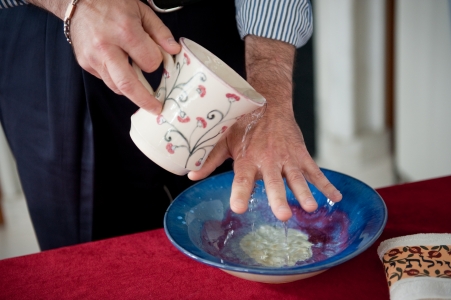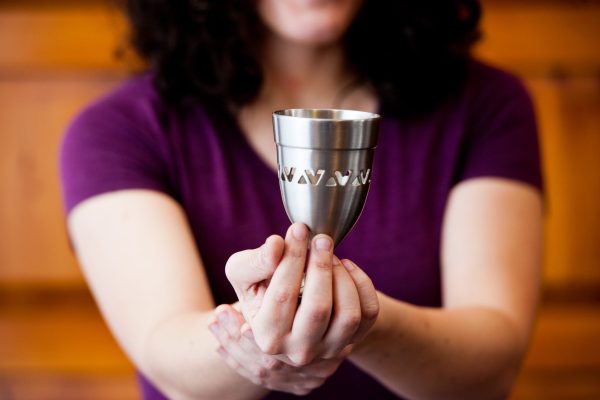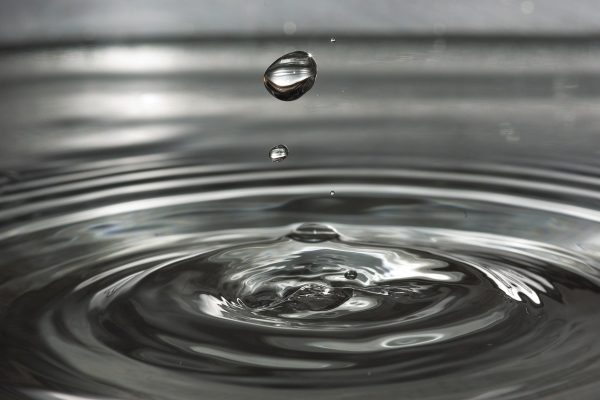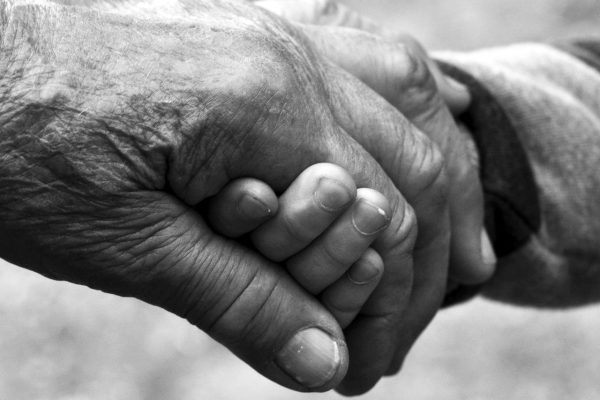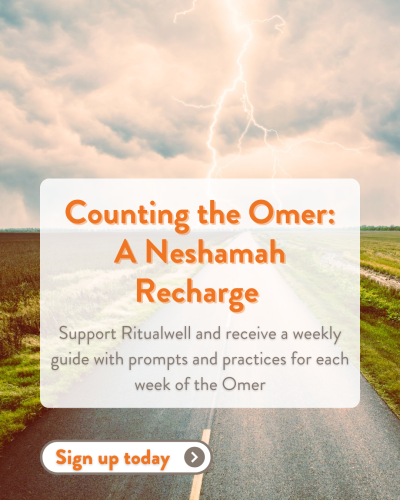Leader:
This first handwashing is performed without a blessing over the action itself. Let us therefore draw our focus to role of water in the Passover story.
“We begin our story with the first stirrings of Freedom. How was the desire for freedom first aroused? By the midwives Shifrah and Puah, who resisted Pharoah’s decree to drown every Israelite boy in the Nile. By Miriam, who watched over her broth Moses to insure his safety. In the face of death, they advocated life…. The waters of freedom open and close our story, taking us from the Nile, to the Sea of Reeds.” (A Night of Questions: A Passover Haggadah)
Reading 1:
The Talmud teaches that Jews were given three gifts in the desert—the well of water, by the merit of Miriam, the pillar of clouds, by the merit of Aaron and the manna, by the merit of Moses. Tradition holds that Miriam’s is a well of healing waters, and that on Saturday nights after Shabbat, these healing waters flow through all the wells and natural springs of the world! Legend has it that anyone who drinks of waters originating from Miriam’s well will be immediately healed from all their afflictions.
Reading 2:
This year, we cannot overstate how central water is been to maintaining our health. Nor can we adequately lament the fact that not everyone in this world has ready access to good, clean water. What should be the most basic human right, has quite unthinkably, become an unequally accessible privilege.
Reading 3:
With tremendous gratitude, we give thanks for the water we are able to tap into freely in our lives. With great determination, we consider how more equitably to share it.
Reading 4:
May healing waters pour forth over us all.
Every one of us. Everywhere, speedily and in our days.
May healers the world over be blessed with a well-spring of strength.
Part the seas before our nurses and doctors and health care workers.
As you turned the sea into walls of water for our ancestors, raise up mountains of protection around our healers, send them all they need, so they may walk through the torrents in safety and in health. And as the Israelites relied on each and every person to do their part to carry the community across to dry land, so may we be vigilant in sharing our healing resources as they are now, and as they emerge across the horizon.

